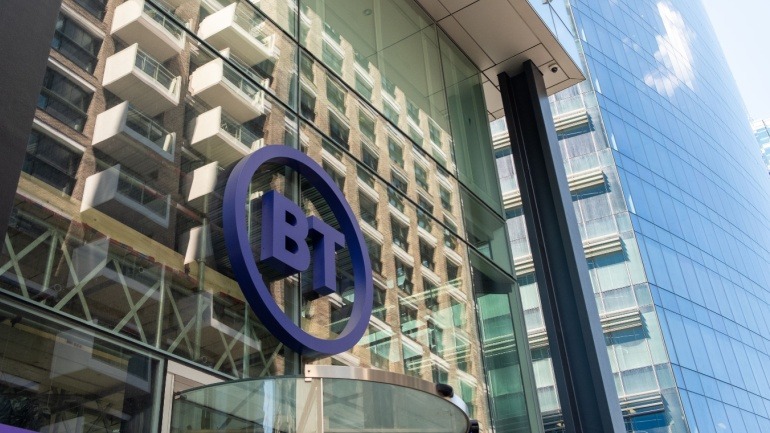The UK Government’s proposal of a national digital ID, named ‘BritCard’, seeks to simplify access to services by centralizing verification processes. However, the initiative faces skepticism not centered on technology but on trust issues. With BritCard, the government promises efficient right-to-work verifications and fraud prevention. Yet, current documents like passports and utility bills already serve these purposes, albeit less conveniently.
The promise of difficult-to-forge IDs is overshadowed by concerns about a centralized government database holding personal information. Critics argue that BritCard may not address illegal employment, which often prevails in cash-driven, informal sectors. Moreover, examining countries like Germany, Spain, and Belgium – where ID cards have not eradicated fraud or illegal immigration – raises doubts on the groundbreaking effectiveness of BritCard.
Trust remains the pivotal issue. “Can we trust any government to hold a master key to our lives?” critics ask. Current UK leadership under Prime Minister Keir Starmer faces trust deficits, marred by policies seen as overreaching, such as the contentious Online Safety Act. Adding to concerns are high-profile cyber breaches, challenging the promise of secure systems.
Compounding worries is hesitation by accountability bodies like the Information Commissioner’s Office. This reluctance raises questions about who will ensure compliance and rectify potential breaches, should BritCard become reality. Political opposition is growing – from Conservatives and Liberal Democrats to Reform UK – suggesting serious challenges ahead.
Peter Chamberlin, an architect of the ‘One Login’ system, stresses the vital need for transparency and inclusion. “Digital identity has the power to be a game changer,” he comments, advocating for privacy to be fundamental in any national ID strategy. He underlines that acceptance will only come if the public sees, not just hears, about security and inclusivity measures.
As the UK Government looks to forge ahead with BritCard, the real challenge lies not in technology but in building trust. Intended security and convenience benefits will falter without addressing public anxiety over privacy and accountability. Ultimately, the success of BritCard hinges on public perception of its safety, necessity, and fairness.







